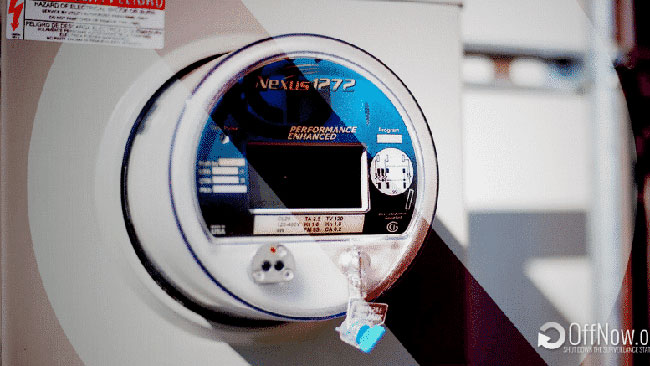WIN! Landmark Seventh Circuit Decision Says Fourth Amendment Applies to Smart Meter Data

By Jamie Williams
EFF.org
The Seventh Circuit just handed down a landmark opinion, ruling 3-0 that the Fourth Amendment protects energy-consumption data collected by smart meters. Smart meters collect energy usage data at high frequencies—typically every 5, 15, or 30 minutes—and therefore know exactly how much electricity is being used, and when, in any given household. The court recognized that data from these devices reveals intimate details about what’s going on inside the home that would otherwise be unavailable to the government without a physical search. The court held that residents have a reasonable expectation of privacy in this data and that the government’s access of it constitutes a “search.”
This case, Naperville Smart Meter Awareness v. City of Naperville, is the first case addressing whether the Fourth Amendment protects smart meter data. Courts have in the past held that the Fourth Amendment does not protect monthly energy usage readings from traditional, analog energy meters, the predecessors to smart meters. The lower court in this case applied that precedent to conclude that smart meter data, too, was unprotected as a matter of law. On appeal, EFF and Privacy International filed an amicus brief urging the Seventh Circuit to reconsider this dangerous ruling. And in its decision, released last week, the Seventh Circuit wisely recognized that smart meters and analog meters are different:
"Using traditional energy meters, utilities typically collect monthly energy consumption in a single lump figure once per month. By contrast, smart meters record consumption much more frequently, often collecting thousands of readings every month. Due to this frequency, smart meters show both the amount of electricity being used inside a home and when that energy is used.”
The Seventh Circuit recognized that this energy usage data “reveals information about the happenings inside a home.” Individual appliances, the court explained, have distinct energy-consumption patterns or “load signatures.” These load signatures allow you to tell not only when people are home, but what they are doing. The court held that the “ever-accelerating pace of technological development carries serious privacy implications” and that smart meters “are no exception.”












